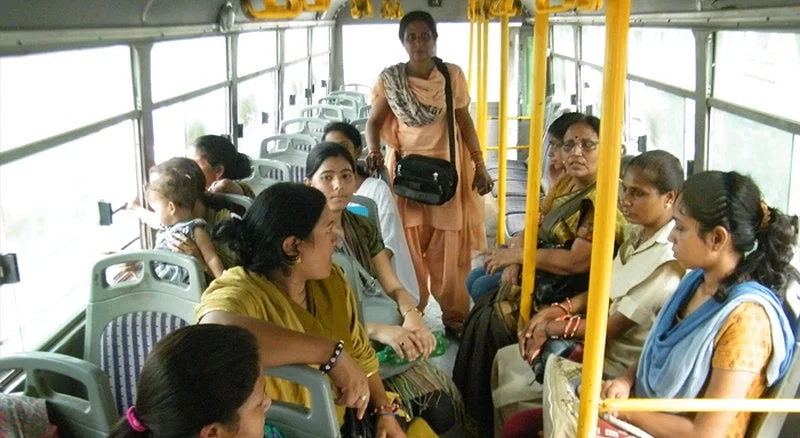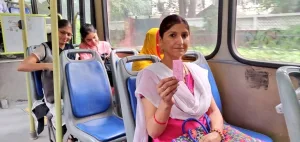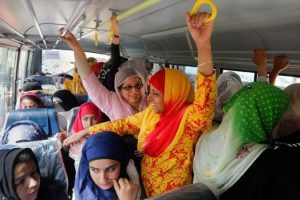[Readmelater]
We’re Humiliated, Denied Reduced Bus Fares For Women, Say Trans women In Maharashtra
Every time they ask for the concessional tickets for women on state buses, trans women are asked to furnish gender and identity proof
Support BehanBox
We believe everyone deserves equal access to accurate news. Support from our readers enables us to keep our journalism open and free for everyone, all over the world.




